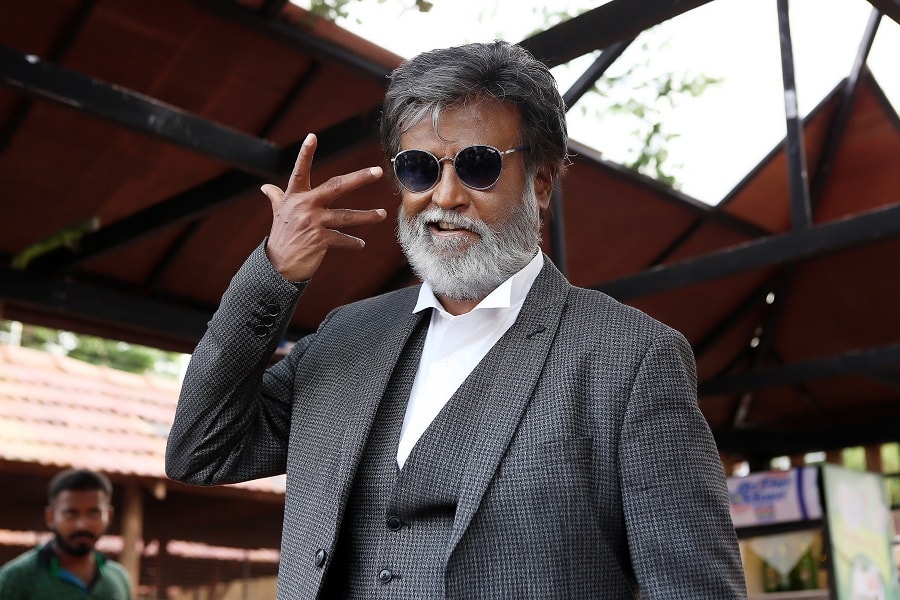
Actor Rajnikanth has recently been showing his interest in the political scenario of Tamil Nadu, and many consider his agenda rather lofty, as he talks about the state’s need for a revolution, along with the welfare and betterment of underprivileged people like the Dalits there. And, this has not been much appreciated lately.
So, why has Rajnikanth’s approach being criticized?
Many have alleged Rajnikanth of acting like a Dalit representative or messiah or in movies like Kabali which stays mum about the Dalit attack in the village of Ambalapattu in Thanjavur, and it took place on the day of the announcement of the actor’s entry into the field of politics, marking the beginning of yet another year full of torture and horror for the Dalits of the state. Dravida movement goons of Tamil Nadu have managed to get by, earning money, besides making the power structure they have stronger. They, too, have been silent regarding the attack, and neither did Seeman.
Current state of Tamil Nadu
The state of Tamil Nadu has a huge number of contradictions. While there are those who create a dubiously distinct scenario in the state, making it look like the most casteist of all the states of South India, you’ll also find voices taking an anti-caste stand. You cannot ignore the rising violence against the Dalits, their murders being a testimony to the fact.
Tamil Film Industry and Casteism
The Tamil movie industry is mostly dominated by Brahmins and Thevars, who seem to have mastered the parai, the device of resistance by the Dalits. Antony Dass singing folk songs while playing the parai is seen as nothing but a platform handed over by the elit and privileged. When Rahhman or Anirudh play the instrument, it is embraced by the state with enthusiasm and cheer. Ilayaraja doesn’t make any noise about the violence Dalits face, but he is vocal about music copyrights. The violence that Ambalapattu’s Kalars inflict also speaks about how much of a hypocrite the Tamil industry is. And Dalitness will be misrepresented in Tamil movies.
It seems that the violence against then is something that the Tamil film industry prefers to stay aloof from. They choose to make such moves in foreign destinations like Malaysia, and they mask the violence on Dalits with all the distracting sexiness. It is clear that the violence against the Christians seems to be percolating from the northern parts of India to the south as well. The fact remains that most of the Christians in India live in the southern part of India, and they are mostly Dalits.
Condition of Tamil Nadu
Dalits have to face vandalism. Their festivities get distorted. There are hindrances in the path of their progress, including their economical as well as educational advancements. Many prefer to call the rulers of the state nothing but mafia, smugglers, fanatics fixated on language and religion, agents of real estate, and of course, the casteist intellectuals. They believe that Rajnith will sell out when they get the chance to work with Rajnikanth and the likes. It seems that money and power are their main motivations. From what the future looks like, the progress of the Dalits will further be robbed. The dominant caste groups will be behind this.
It can be concluded that South India seems to have become the hub of violence against the Dalits of the country. It is time for the underprivileged to unite and start their protests, which can only be done if they manage to bypass the system with a political approach, and take over the governance. They have to remember to banish the allies and savours, and disregard to their ideas of revolutions that they think is required in Tamil Nadu.
